






Welcome to PPAL’s new, improved monthly newsletter! We hope you will find this communication engaging and informative. Please share it far and wide!
As a fellow traveler in the children’s mental health journey, I know how important it was for me, as a parent, to have current, relevant information. I also remember feeling desperate to connect with others that understood - that “got it.” Luckily, PPAL provided that for me. I attended everything that PPAL had to offer, went to PPAL support groups, and found the information and help that my family so desperately needed. In fact, that’s why I am here today. And guess what? That support and information continues for me through the “lived experience” that PPAL’s staff and I share with one another every day. I am so grateful.

What does “lived experience” mean, exactly? It means that all of us here at PPAL have experienced mental health challenges in one form or another. Perhaps we’ve raised or are raising children, youth, or young adults needing mental health supports (as parents, grandparents, or other caregivers)? Perhaps we’ve grown up in families where mental challenges were significant? Or maybe we’ve experienced needing mental health supports ourselves? Whatever the means, we understand. We are your peers. Your children are our children. Your family, our family.
Welcome. We embrace you, fellow travelers. We’re glad you’re here.
Be well,
Pam Sager
Phone: (866)815-8122
Email: info@ppal.net

Website: PPAL.net
Facebook: facebook.com/PPAL.net
YouTube: @PPALforFamilies
FAMILY PARTNER COMMUNITY HEALTH WORKER PANEL
JUVENILE JUSTICE 101 & 102
PARENTS OF TRANSITION-AGE YOUTH GROUP
MOVING FORWARD TOGETHER: BUILDING A FOUNDATION OF SUPPORT
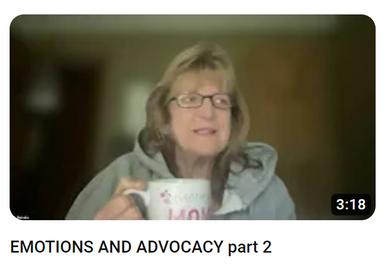
March 28, 1:00 - 2:30 PM
PRE-PLANNING FOR A MENTAL HEALTH CRISIS: THE ROAD TO READINESS
March 30, 12:00 - 1:30 PM
Parents of LGBTQIA+ Youth
Parents of TransitionAge Youth (14+)
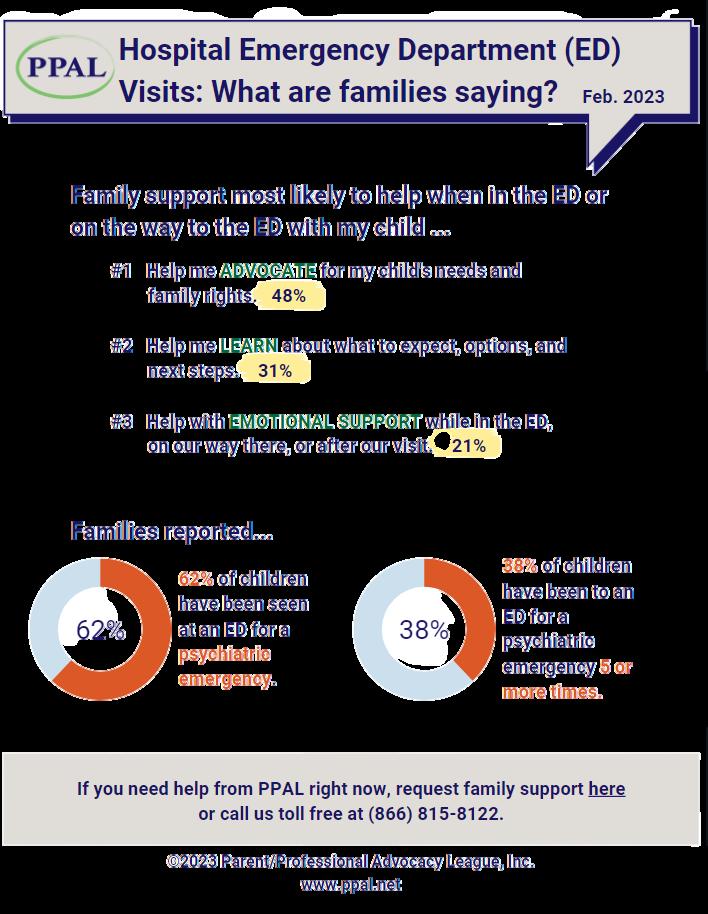
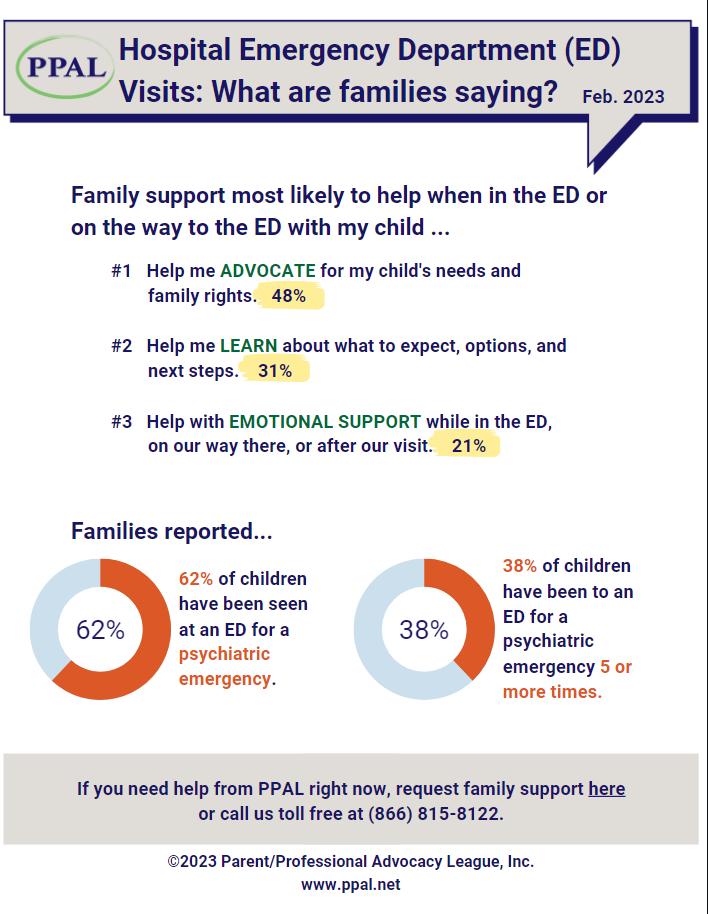




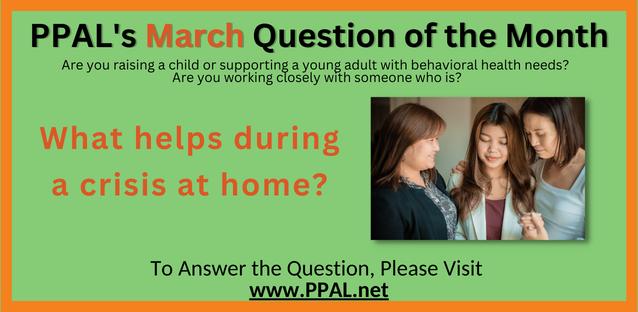


During COVID-19 MassHealth put protections in place that prevented members’ MassHealth coverage from ending. With COVID-19 ending, MassHealth eligibility will soon return to its customary standards. In the coming year, all current MassHealth members will need to renew their health coverage to ensure that they still qualify for their current benefit. These renewals will take place over 12 months
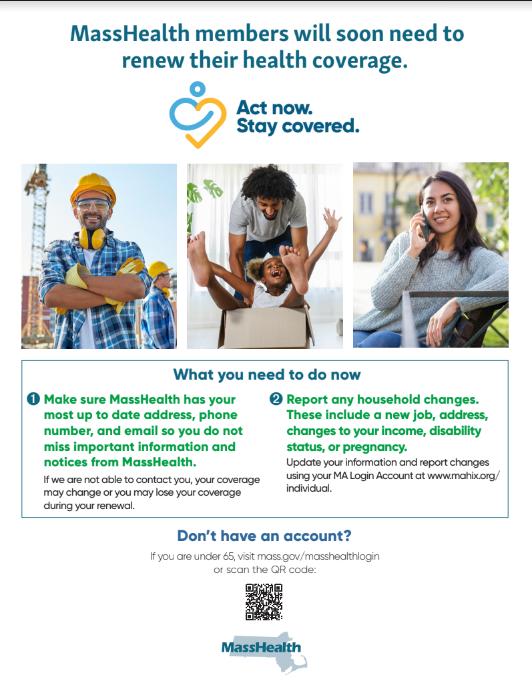

What brought you to PPAL? Meri brought me to PPAL. Her knowledge and expertise is electric!
What is one thing you've been enjoying recently? Lately I’ve enjoyed going to spin, hiking with my golden rescue dog, and LEARNING with PPAL.
What brought you to PPAL? I wanted to do something that felt fulfilling. Along my journey, I would speak with and get support from other parents in similar situations and I always came away from those discussions feeling better and more empowered. I want to give other families the same experience.
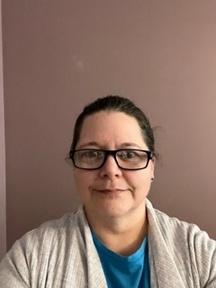
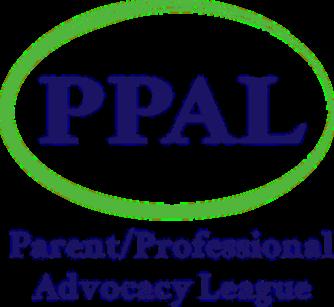

What is one interesting fact about you? I have never had a cup of coffee.
Robin Brasili, mom of 2, ages 10 and 12 Family Support Specialist, Central MA
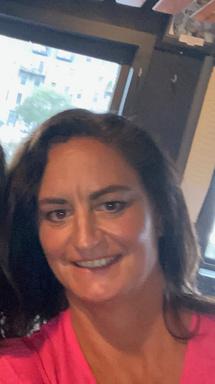
What brought you to PPAL? I was a PPALsupported parent before I became a staff member. I believed in the mission.

What is one interesting fact about you? Kristen is returning to PPAL. Check out the Facebook Memory!
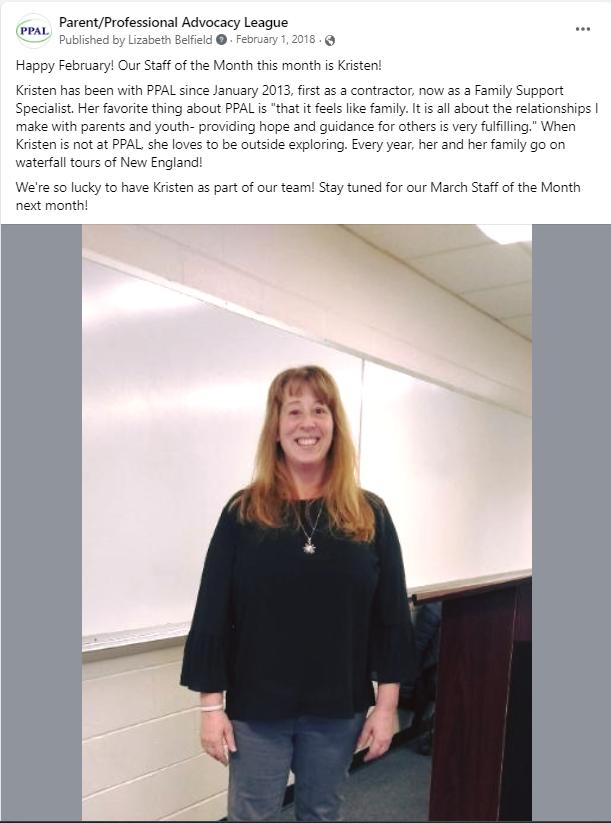

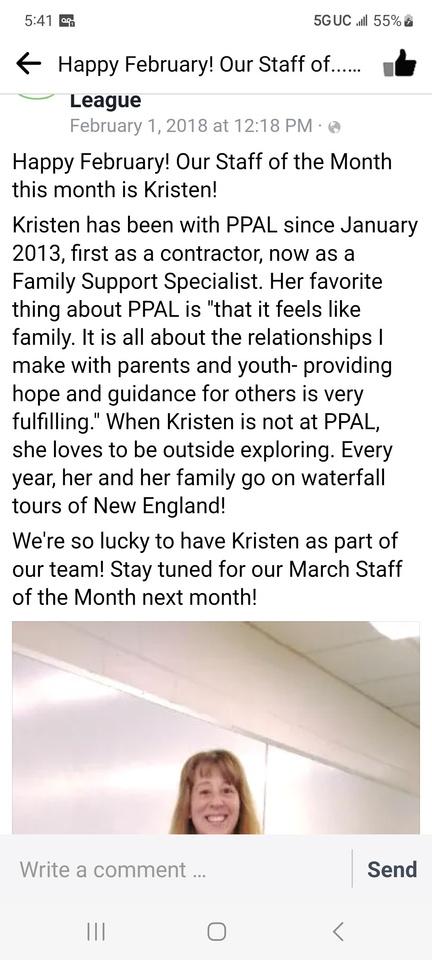
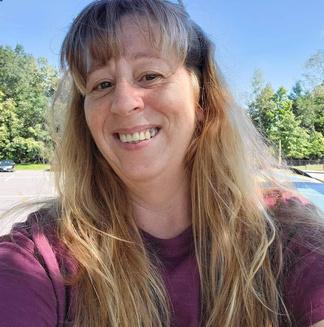
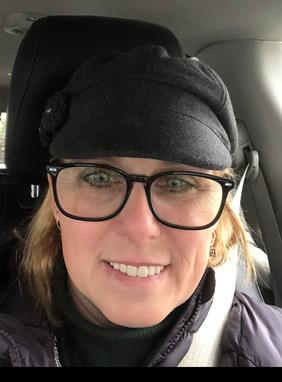
If you could only eat one food for the rest of your life, what would it be? Pizza for life as long as I could change up the toppings.
What brought you to PPAL? That PPAL is family oriented and that you hire people with lived experiences. My lived experience isn't (finally) working against me. (Yay me!)
What is one interesting fact about you? I ran my first half marathon a little over a year after crushing my L1 and spending 5 months in a restricted brace.
Kelly Turcotte, mom of 5, ages 16 - 32 Family Support Specialist, Central MA
Be Informed - CRA’s, 51A’s, and more! Lately, PPAL is hearing a lot of misinformation about using the legal system to help kids with mental health needs get necessary services. Children and youth are facing more challenges than ever; there are waitlists everywhere; and families are desperate to get help for their children. As a result, more and more schools and professionals are recommending that families file a Child Requiring Assistance (CRA) application with the court, or are reporting suspected abuse or neglect (a “51A”) to engage the Department of Children and Families (DCF). Doctors, therapists, educators, and others sometimes believe that these actions will help the child get needed services. The truth is often very different! Even well-intentioned professionals may be misinformed.
While these tools are absolutely useful in some situations, in most, they are not. Did you know that a child or youth that has a CRA on them may not utilize juvenile detention diversion programs? Did you know that once a 51A is filed against a caregiver, their parental rights could be diminished? For those of us whose children are violent, it can be frightening to think that our child’s actions might be misconstrued.
Before you apply for a CRA or disregard a threat of a 51A being filed, call us! We’ll discuss the implications, and make sure your next step is a good step for your family and child. And if you’re giving advice, remember that every family, every child, and every situation is different! What was right for you might not be right for someone else. What was right 5 years ago might not be right now. Be informed before you act.

PPAL teaches! PPAL has partnered with CPCS (Committee for Public Counsel Services) to provide education on themes and challenges related to children not receiving the support and interventions that they need. PPAL recently had a great opportunity to effect change and improve outcomes for youth through a learning session with court social workers. PPAL helped social workers who work directly with children and families during the court process understand how to identify when a child (or family) has emotional or mental health needs, and how providing the “right” recommendations can improve the outcomes for that child and family. We certainly hope many more of these opportunities come our way!
Let’s keep kids out of prison. Have you heard of the “school-to-prison pipeline” (S2PP)? Essentially, the school-to-prison pipeline (S2PP) refers to harsh policies and practices that directly and indirectly push students out of school and on a pathway to prison These practices include things like suspension, seclusion, restraint, and expulsion and disproportionately affect black and brown youth. Dismantling the S2PP is one of PPAL’s priorities. We’ve been hard at work doing so by co-chairing the statewide Juvenile Detention Alternative Initiative (JDAI). Wearing our lived experience badges proudly, PPAL is dedicated to representing authentic family voice in this endeavor.
Click here to view PPAL's Juvenile Justice Workshops and other opportunities this March!
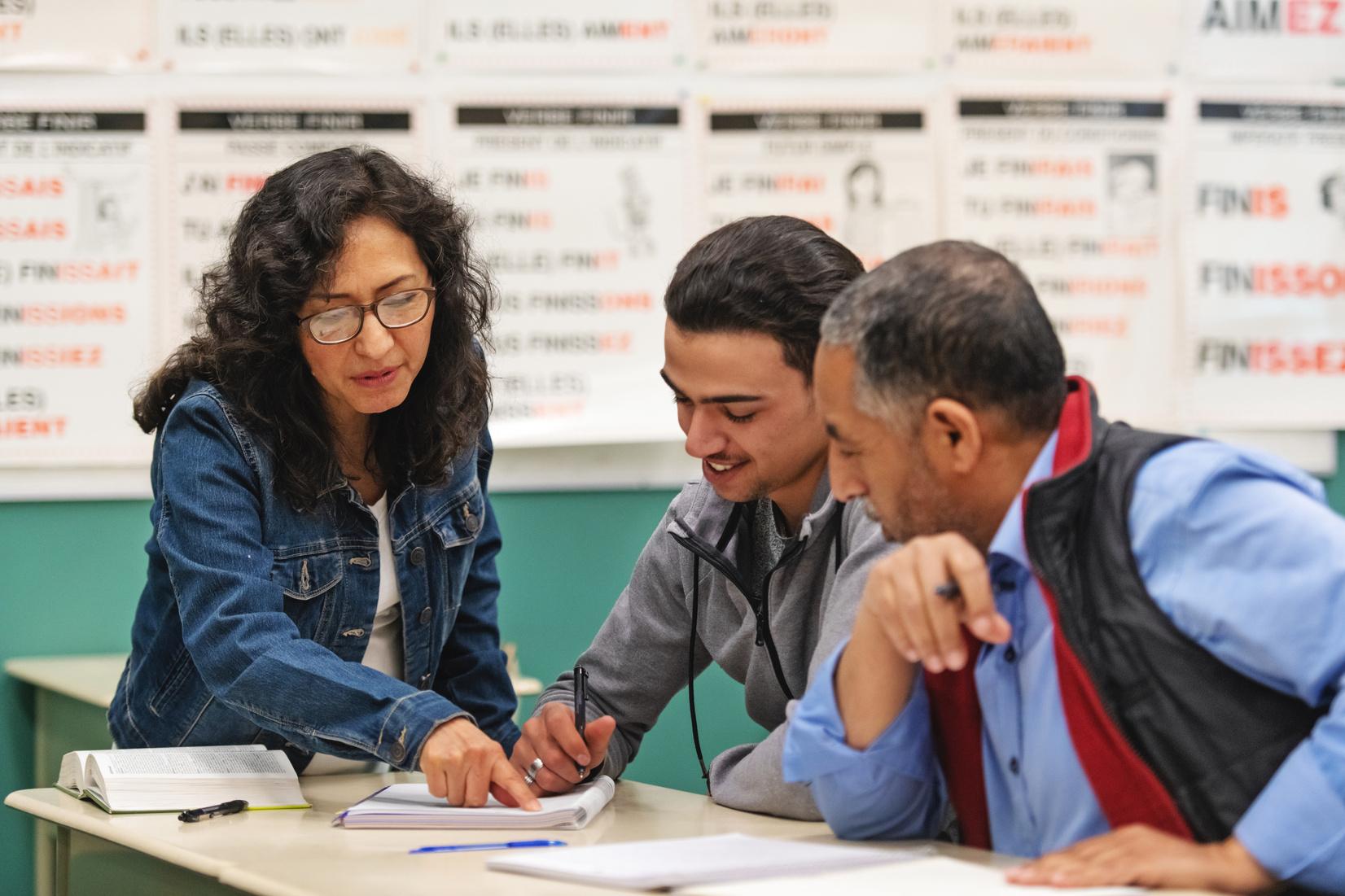
This month, JDAI is hosting a summit for teachers and administrators focusing on issues such as literacy and restorative justice that may reduce the likelihood of students becoming involved in the S2PP. PPAL is excited to bring family voice to the discussion panel at the event. Please share the word with your child's school!
Registration for educators is available here

PPAL recently launched a Spanish language series. We combined our relevant workshops into a 4-part course. Parents who attend will receive a certificate of participation!

The workshops cover how to plan for a mental health crisis, youth court involvement, and how to become a Family Partner or Community Health Worker.

ClickheretoregisterforApril!
Formoreinformationemail
jrodriguez@ppal.net
PPAL will be co-sponsoring a mental health acceptance community event in the early summer with The Possible Zone (TPZ) (www.possiblezone.org). The Possible Zone, based in Boston, provides high school students from underresourced communities with a hands-on, tuition-free after school entrepreneurship program where they can develop workbased skills, social-emotional skills, and professional identities needed for future success. 95% of the students participating in TPZ have been students of color. TPZ focuses on strong peer and adult relationships, critical thinking, growth mindset (personal and professional), perseverance, optimism, and teamwork. This event will be open to the community.

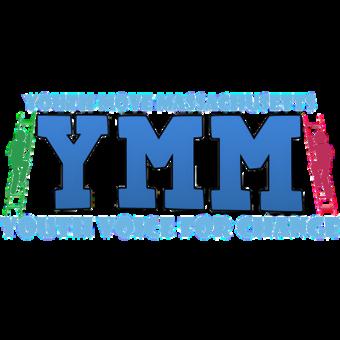
In January, PPAL’s YouthMOVE MA was excited to be part of the Museum of Science’s Building Balance Mental Wellness Event. The event featured wellnessthemed interactive activities, opportunities to practice mental wellness techniques, exploration of brains, the body, and neuroscience, guest presentations, and community advocates (like YouthMOVE!) throughout the Museum - all devoted to the theme that Mental Health IS Health! In addition, the event included the Museum’s High School Science Series which welcomed 250 local high school students to learn about mental health. PPAL and YouthMOVE were thrilled to be part of it! And MOS, we couldn’t agree more - Mental Health IS Health!
NextGen Careers is a new initiative being piloted by the Massachusetts Rehabilitation Commission (MRC). Among other things, MRC helps individuals with disabilities obtain training and the opportunity for work through traditional case management. NextGen Careers promises to be a bit different!

Each NextGener– MRC’s name for their young adult participants– will have a youth-led multidisciplinary team of diverse professionals working with them. While there are varied career paths, NextGen is especially excited to connect participants to careers in the fast growing STEM (science, technology, engineering, and math) fields.
The NextGen pilot is currently limited to young adults from Boston, Roxbury, Braintree, Lawrence, Lowell, Springfield, and Worcester. PPAL is looking forward to seeing young people succeed with the support of this new program!
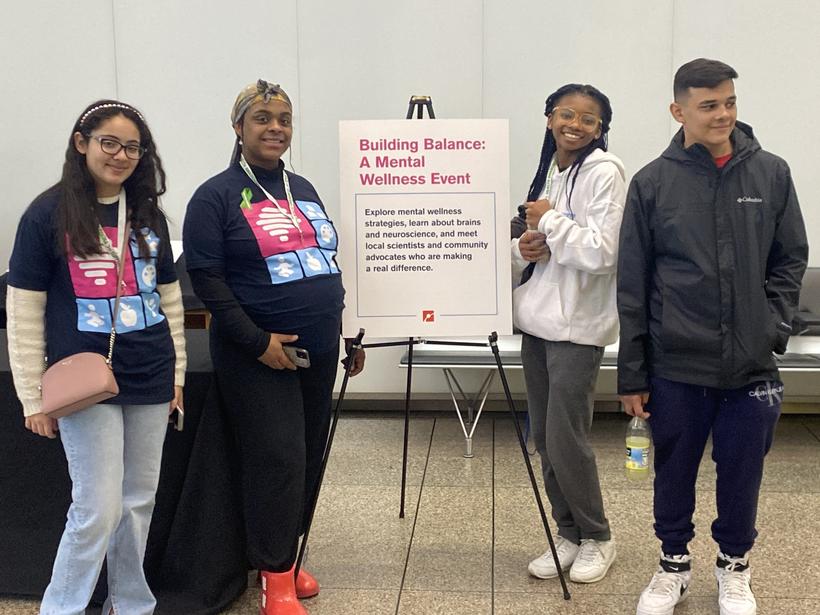
“On the very first day of school this fall, my son made it into class but then ran away from school shortly after. We found him at a park over a mile away,” explains Ellie, mom to 11-year-old John (names have been changed to protect privacy). “The school suspended him for running away, and by the time he was supposed to go back to class, he was a mess. Whenever we mentioned school, he would cry, run away, or curl up into a quivering ball of anxiety.” That was the start of months of school avoidance.
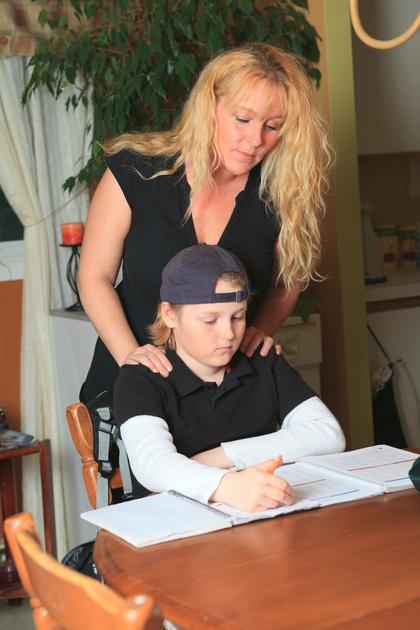
Sometimes John would refuse to get out of bed in the morning; other times he’d reluctantly get ready, only to run or hide when the bus arrived. One day Ellie managed to get John to the school building, only to watch him run away yet again. “The worst was how John felt about it all,” Ellie muses. “He’d be crying, rocking himself back and forth, unable to speak clearly except to say ‘I’m sorry’ again and again. He was incredibly hard on himself for not going to school, but he just couldn’t make himself go.”
Ellie and John are not alone; in the past few years especially, many families have found their children struggling with school anxiety or avoidance. One of the strongest predictors of these problems is time spent absent from school, and school closures during the pandemic exposed every child in the state to this risk factor. Disabilities, learning differences, and mental health needs can sometimes exacerbate this challenge, until many children and youth have been left either anxious in the classroom, or overwhelmed and fearful at the very thought of going back to school.
School-related anxiety can make a child reluctant to go to school - they may drag their feet while getting ready in the morning, resist getting on the bus or in the car, or offer excuses as to why they can’t attend school that day. In the classroom, a child may appear inattentive and restless, because anxiety makes it more difficult to focus on a lesson and to ignore intrusive, worried thoughts. The child may also appear disruptive; when they are feeling upset or threatened and don’t know how to handle their feelings, their fight or flight response to protect themselves can kick in — and some kids are more likely to fight. Other symptoms include frequent trips to the school nurse, or avoidance of social time and group work. School anxiety should always be taken seriously, not least because it is often a precursor to school avoidance - when a child or teen feels unable to attend school at all.
difficulty getting ready or leaving for school
belly aches, headaches, or other physical feelings
restlessness
difficulty paying attention disruptive frequent nurse visits avoiding socializing/ group work
For milder forms of school anxiety, it can sometimes be enough to listen to your child’s feelings and to work with the school on getting your child into a more comfortable place. Rather than dismissing these fears (“Nothing to be worried about! You’ll be fine!”) listening to them and acknowledging your child’s feelings will help them feel more secure. It's possible something difficult is happening at school, such as bullying. Ask your child how they get along with others at school, and report any incidents of bullying to the school or district. If you think your child will be reluctant to separate when you get to school in the morning, it’s very helpful to have someone from the school primed to meet and engage them when they arrive. What you want that person to do is not to talk about or dwell on the anxiety, but to engage your child in some activity. Asking the child for help is a good way to do that.
More serious forms of school anxiety, including school avoidance, may require professional help. Have your child assessed by a therapist or psychiatrist. They may benefit from medication or ongoing therapy to treat the mental health problems that lead to school anxiety and avoidance. If your child does not already have an IEP, or if you feel it does not adequately address your child’s needs, ask their school (in writing!) for a psychological evaluation. If you get the results back and feel the evaluation did not not sufficiently address your child’s challenges, consider getting a comprehensive neuropsychological assessment. Ask your insurance for a list of providers they cover. The evaluation results should help you pinpoint the areas in which your child could use help. Work with the school to design modifications and supports to help your child.
Learn to recognize the signs of anxiety in children
Listen to and acknowledge your child's feelings, but don't dwell on the anxiety
Ask your child how school is going, socially and academically
Have your child assessed by therapist/ psychiatrist/ neuropsychologist
Consider individual or family therapy
Ask the school (in writing!) for a psychological assessment
Partner with school to set up positives routines for you
Recognize that progress takes time
Start Small
Call PPAL for parent-to-parent support and more!
Your child is not going to recover from school anxiety or avoidance overnightyou’ll need time for interventions such as therapy or modifications at school to begin to address the underlying problems. If your child has been out of school entirely, try to ease them back in bit by bit. You might start by just driving by the school, and/or sitting in the parking lot for a few minutes. Next you might go to the school on an evening or weekend, when the teachers and other students have gone, and walk around the campus or play on the playground. When your child is ready to attend school during the day, start with a short period of time, ideally during their favorite class or activity. Be guided by your child’s comfort level and don’t rush it.


One last thing to remember is that when your child can’t attend school due to anxiety or other mental health issues, their school should help them to continue learning at home. If your child goes to a public school, has been placed by a public school in a private setting, or attends private school and has a disability, and has been or will be absent for 14 or more total days in the school year, they are eligible for inhome or in-hospital tutoring. Ask your child’s doctor to fill out a Home Hospital Form and submit it to the principal or other administrator at your child's school. Your child’s school will then be required to provide home-based education services to your child, either in person or virtually, usually in the form of oneto-one tutoring or small group instruction.
Want to hear more about school anxiety and avoidance? Watch this video by PPAL's Central Mass Assistant Program Manager Beth Bergstrom!
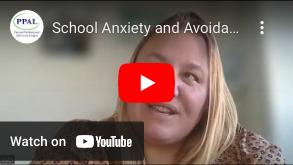
If the school is having trouble finding a tutor, be persistent! John’s school found that the only tutoring organization they worked with had no openings for John, but Ellie was able to find an independent tutor herself and the school agreed to pay.
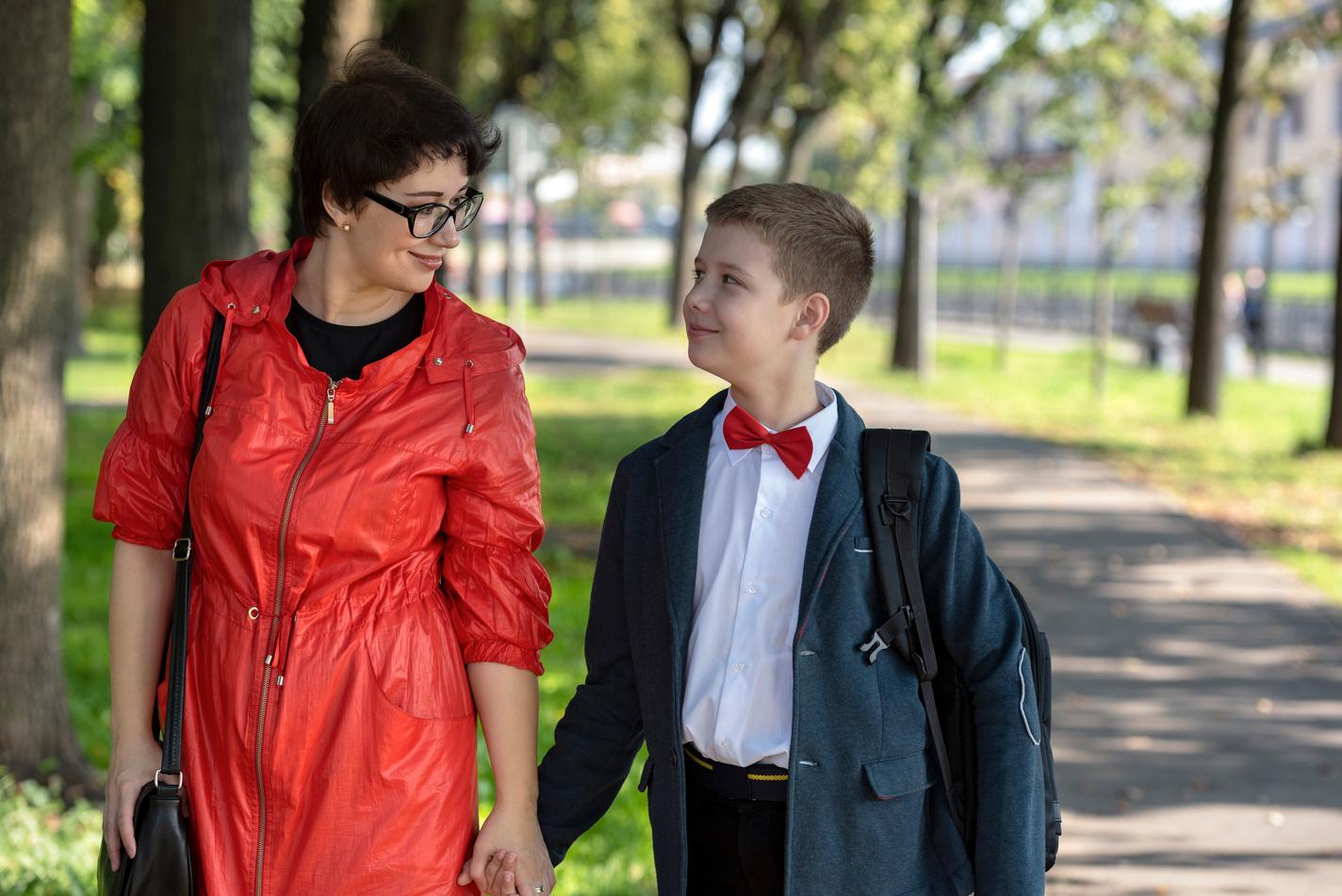

“Having a tutor was an immense help,” she says, “not because John was able to keep up on all of his school work - he couldn’t - but because doing a little bit of schoolwork each day helped him stay connected with his teachers, made the idea of class work feel less scary, and eventually made it easier for him to start the transition back to school.” After several months in an intensive outpatient program, John began to attend school for ten to twenty minutes a day. At first he just met with his teachers one-to-one, but later on he started having lunch with his classmates and even staying after lunch for a class or two.
“We’re not back to full-time attendance yet,” Ellie shared, “but we’re moving in the right direction, and feel so much more hopeful than when this all began.”
This February, PPAL had the honor of joining a briefing session with Massachusetts Representative Ayanna Pressley’s staff as part of the Children's Mental Health Campaign (CMHC). Pamela Bows, PPAL Policy Coordinator, joined with the CMHC team in Boston to update Rep. Pressley’s staffers on the state of children's mental health in Massachusetts. PPAL had the opportunity to advocate for investment in the peer workforce– meaning family partners, peer mentors, and other lived experience roles– and the benefits that lived experience roles provide parents and families. The Representative’s staffers were also updated about the CMHC’s efforts around school-based behavioral health and early childhood/ infant mental health.
source: https://www.facebook.com/ayannapressley2/

PPAL wants your stories! Let us know how things are going. Have you used Mobile Crisis, Community Behavioral Health Centers (CBHCs), or the Emergency Department (ED)? Have you called 988 or the Behavioral Health Help Line (BHHL)? Get in touch!
Call us at (866) 815-8122

Or email us at Info@PPAL.net


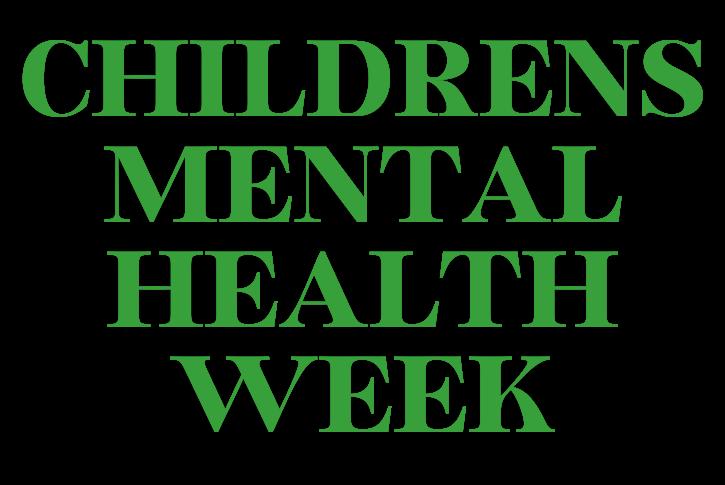

Each May, PPAL recognizes children's mental health week and month! This year our theme is ACCEPT, ADVOCATE, ACTBecause Awareness Is Not Enough!
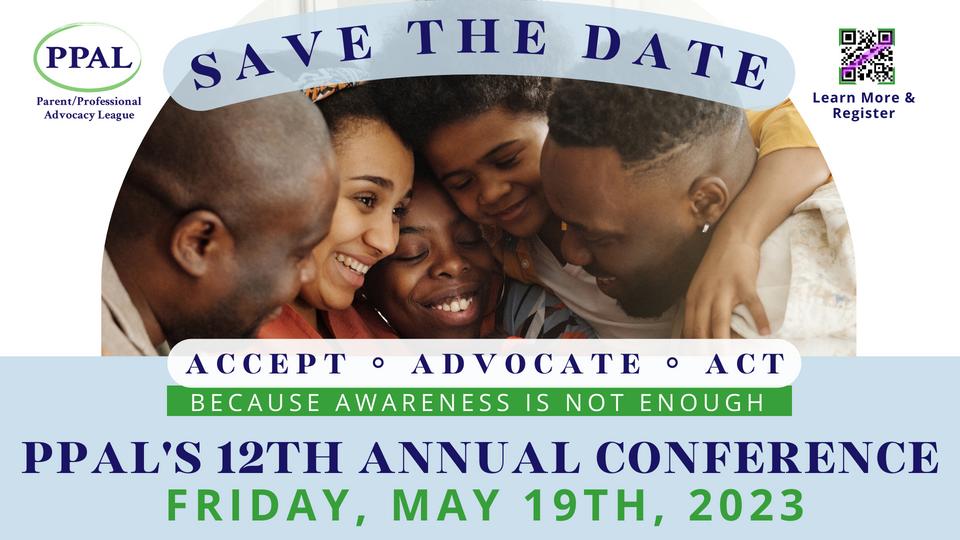
We are busy around the state collecting proclamations from towns, asking locations to light up green, and participating in events in the community.

Interested in something in your town lighting up or doing a town proclamation?Email PPAL at Info@PPAL.com


and i hope you find the courage to keep looking up, never giving up that despite the changing seasons and cycles of grief there will still be days that hope can daw in the skies of your soul. even after all the pain. even after all the rain. even here, this uncharted terrain. and when it does… oh friend, let the light in. let the light in.
By Liz Newman


